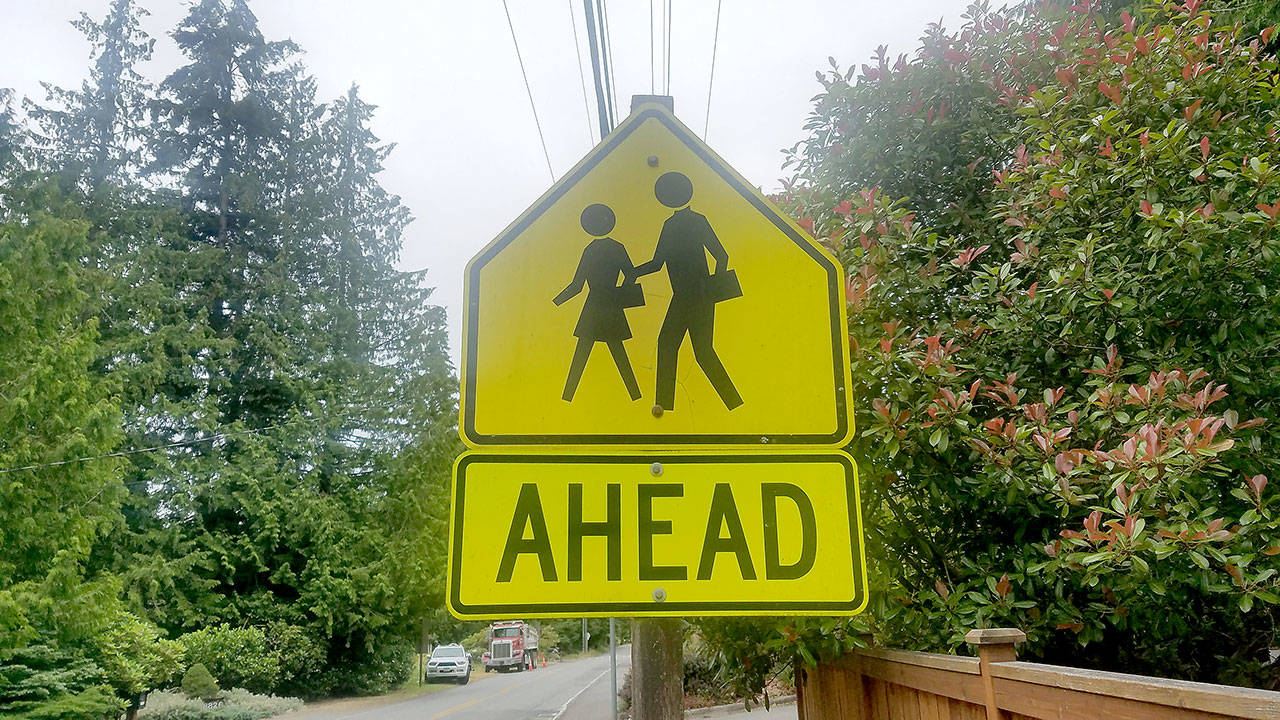All of us are making tough decisions for the 2020-21 school year, and now is the time for creative thinking. Every possible avenue should be explored. But do parents know their options?
My family is making radical changes. We’ve enrolled my sixth grader in Washington Virtual Academies, which is a free public school specifically designed for homeschooling. The sad thing is that it removes her from our local school — which we loved — and registers her in the Omak School District instead.
But academically, the pluses outweigh the minuses for us, especially since my daughter has dyslexia. WAVA was specially designed for homeschooling and has years of research behind it. She’ll “see” her certificated teacher every day. WAVA also sends out a large kit of materials.
We are enrolling my 10th grader in the Edmonds School District eLearning Academy. He’s been two grade levels up in math since preschool, and eLearning was often the solution. So we know, first hand, that it’s a great alternative to the distance learning instruction he received from his high school last spring.
WAVA and eLearning Academy are two of the many publicly funded online homeschool programs available in Washington. You can find the full list here: www.k12.wa.us/student-success/learning-alternatives/online-learning/approved-online-schools-and-school-programs
I strongly believe that parents have the right to know that these programs exist. They are free alternatives to the distance learning program their school district might be offering. I also support families who choose private school. Do what you think is best for your child, and don’t let anyone bully you.
But traditional public schools deserve our support, too, which is why we need to talk about pedagogy, the theory and practice of education. Yes, we should let science make the decisions for schools reopening, but good pedagogy should guide instructional practices.
As a former teacher, I know that taking curriculum meant for in-person learning and trying to teach them over Zoom does not make pedagogical sense. Whenever possible, we should lean into vetted curriculum designed for at-home education.
A great example of this is Time4Learning.com, which is what I used with my daughter this spring in addition to her work from public school. It cost less than $20 a month, and I would love to see school buy licenses to homeschooling programs like this one, so that all students can access them instead of doing worksheets over Zoom. Let’s provide educators with better materials to teach with during the pandemic.
Another pedagogically sound idea school districts could deploy is selective videotaping. Instead of every fourth-grade teacher recording a fraction lesson for at-home viewing, they could choose the best, most engaging one. This would be similar to how Peloton revolutionized at-home fitness.
If teachers were only responsible for filming one online lesson instead of 100, they could not only make that video exceptional, but they would have more time to connect with their students via email, Zoom, phone calls or, hopefully, in class.
My family is in a privileged position where both parents are working from home, so homeschooling is feasible. It’s not without challenges, though. Ninety percent of the burden of monitoring at-home learning will fall on me. Guess who will be working in the middle of the night so that she can teach during the day? Me. But at least I have that option.
What the heck are single parents supposed to do if schools can’t reopen in fall? Or families where both parents work outside the home? Who will supervise distance learning? Who will provide child care? How will these families survive? We need to work within our communities to solve these problems together, or else the pandemic will cause achievement gaps of enormous proportions.
Above all, we should remove shame from the conversation when we talk about the 2020-2021 school year. Parents, teachers and school administrators should not be shamed for the choices the pandemic is forcing them to make. None of this is easy, and every decision is fret with concern.
Jennifer Bardsley publishes books under her own name and the pseudonym Louise Cypress. Find her online on Instagram @jenniferbardsleyauthor, on Twitter @jennbardsley or on Facebook as Jennifer Bardsley Author. Email her at teachingmybabytoread@gmail.com.
Talk to us
> Give us your news tips.
> Send us a letter to the editor.
> More Herald contact information.

























